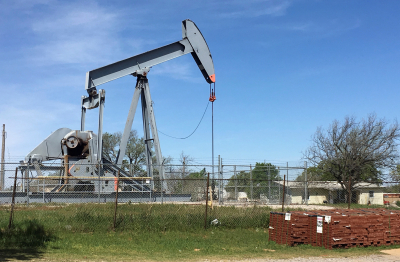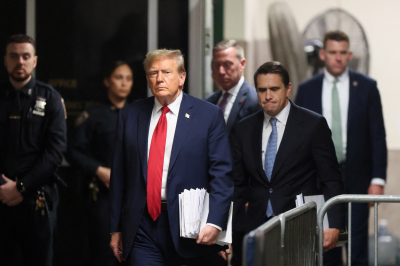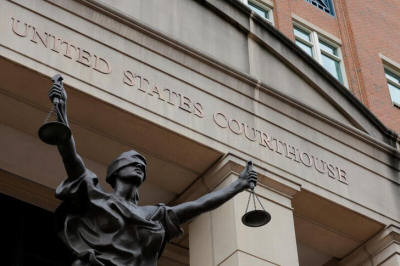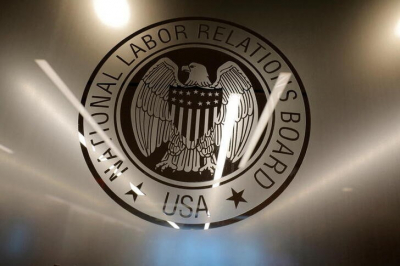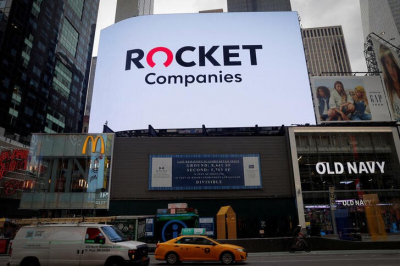
Covert Tactics: China Tempts Scores of Taiwanese Politicians with Low-Cost Trips Ahead of Election
In a clandestine move that has alarmed officials, Beijing has reportedly orchestrated cut-rate trips to China for hundreds of Taiwanese politicians in the lead-up to pivotal elections on the island. Unearthed through Taiwan sources and documents, this extensive campaign has been labeled by one official as outright "election interference," adding a new layer of complexity to an already tense geopolitical landscape.
Amid concerns voiced by President Tsai Ing-wen and other Taiwanese officials about potential Chinese efforts to influence voters in favor of candidates advocating closer ties with Beijing, the scale of China's activities has emerged as a cause for heightened alarm. Beijing, asserting sovereignty over Taiwan, has intensified both military and political pressure on the island, framing the upcoming Jan. 13 presidential and legislative elections as a pivotal choice between "peace and war."
While Taiwanese law explicitly prohibits election campaigns from receiving funds from "external hostile forces," including China, investigations have been initiated. Prosecutors in southern Taiwan are currently examining 22 individuals, including grassroots politicians, for potential violations of election and security laws.
Security agencies across Taiwan are delving into more than 400 visits to China in the past month, predominantly led by local opinion leaders such as borough chiefs and village heads. A Taiwan security official investigating China's activities revealed that these trips, complete with discounted accommodations, transportation, and meals, are suspected to have been subsidized by units under China's Taiwan Affairs Office. The sensitivity of the matter has led the official to request anonymity.
While the Chinese office has not responded to requests for comment, it has previously stated its respect for Taiwan's "social systems" in the context of the elections. Taiwan's Mainland Affairs Council, the top China-policy body, echoed concerns raised by its minister, Chiu Tai-san, who emphasized that Beijing was evidently attempting to influence Taiwan's elections through various means, including the provision of free trips for politicians.
Participants in these trips typically cover their own airfare, but Chinese authorities allegedly cover other expenses, further intensifying concerns about the extent of China's covert attempts to shape the political landscape in Taiwan.
A second Taiwan security official has sounded the alarm on what appears to be an orchestrated campaign of election interference, cloaked under the innocuous label of group tours sponsored by Beijing. The unsettling revelation points to a deliberate targeting of influential politicians integral to Taiwan's administrative systems, individuals who hold pivotal roles in shaping public opinion.
The extent of the interference is underscored by the participation of more than 300 borough chiefs or village heads from central Taiwan alone in these China-sponsored trips over the past few months. Reports indicate that over 20 borough chiefs from a Taipei district joined a trip to Shanghai in September, accompanied by their families, while more than 10 individuals from a local politician association in neighboring New Taipei City participated in a similar excursion this week.
Security reports suggest a notable increase in participation compared to elections four years ago, with registrations displaying "fairly enthusiastic" response, particularly from the Taipei district. Certain borough chiefs are identified as crucial points of contact in Taiwan for specific Chinese units, emphasizing the strategic nature of the targeting.
This year alone, over 1,000 borough chiefs or village heads have engaged in such trips, surpassing previous numbers. The selection of electoral districts aligns with China's focus on areas where support is strong for candidates advocating closer ties with the mainland.
In a notable investigation in Kaohsiung, prosecutors suspect that five fully funded trips from the southern city were orchestrated by China's Taiwan Affairs Office. Chinese officials allegedly urged participants to support specific political parties and oppose Taiwan independence, highlighting the political manipulation embedded in these excursions.
Prosecutor-General Hsing Tai-chao, addressing the situation on Thursday, emphasized the unprecedented nature of external forces attempting to influence citizens and cautioned against accepting perks or instructions from Chinese authorities during travel. Building criminal cases against trip-takers proves challenging due to the difficulty in establishing a money trail to Chinese state agencies orchestrating the tours, often priced below market rates. Additionally, uncovering the content of meetings with Chinese officials adds to the complexity of addressing this clandestine interference.
While Taiwan suspended group tours to China through travel agencies amid the COVID-19 pandemic, the absence of restrictions on individual visits leaves the door open for continued covert activities, further intensifying concerns about the integrity of the upcoming elections.
Growing scrutiny from the government has compelled certain politicians to adopt a more discreet approach to their engagements in China, particularly amidst the ongoing covert campaign backed by Beijing. Recent revelations indicate that these political figures are now opting for lower-profile arrangements, organizing their trips individually before converging in China. In an effort to evade detection, some politicians are going to great lengths, even avoiding sitting in adjacent seats during their flights.
This subtle shift in strategy underscores the heightened sensitivity surrounding these China-sponsored excursions, prompted by concerns of election interference and external influence on Taiwan's political landscape. The evolving dynamics of these covert activities raise questions about the lengths to which politicians are willing to go to maintain a semblance of secrecy amid an increasingly watchful environment.
Reporting By Yimou Lee; Additional reporting by Ben Blanchard; Editing by William Mallard
In the shadow of escalating concerns over China-backed tours influencing Taiwan's political landscape, a recent shift in strategy has emerged as politicians, wary of increased government scrutiny, opt for a more discreet approach. The adoption of lower-profile arrangements and individual trip organization highlights the evolving dynamics of these covert activities, with some politicians going to great lengths, even adjusting their travel behaviors, to avoid detection.
As Taiwan grapples with the challenge of safeguarding its democratic processes from external interference, the delicate dance of politicians underscores the gravity of the situation. The conclusion of this narrative leaves lingering questions about the extent of the impact of these subtle shifts on the integrity of Taiwan's political environment and the measures authorities may need to take to address these covert engagements. The story continues to unfold against the backdrop of geopolitical tension, emphasizing the complex interplay between regional politics and the pursuit of democratic ideals.

